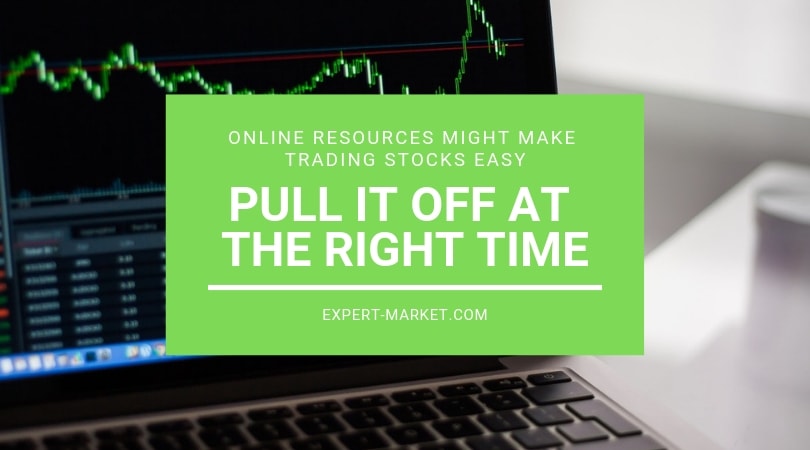Successful Trading Requires Planning
Like any money-making initiative, stock trading is a business venture, whether you’re trading full-time or not. Just like any other business venture, a written plan is crucial for success. Write down your goals, like the maximum drawdown you’ll take on your initial and ongoing capital, your expected average percentage return, and how long you want to spend trading each day or week.
These goals will help you measure the success of your trading approach and make adjustments as needed. Working to a plan also helps you make more logical trading decisions rather than being swayed by your emotions.
You Should Really Know Your Stocks Before You Buy

The most popular stocks are typically those making the headlines. However, a brief news snippet isn’t enough to base a good trading decision on. Spending time to know a stock will help you decide if it’s a good deal or not.
You should understand what a company does, who runs it, its place in the market, and its financial position. Who are its main competitors, and could they threaten its position? Is it profitable now, has it been profitable, and is it likely to be profitable in future? Don’t leave anything to chance. Check the company’s balance sheet, 10-K, and 10-Q reports.
Then consider the stock’s own valuation. While you want companies making good money with excellent prospects, their stock shouldn’t be overpriced. Price to earnings and price to sales figures will help you gauge whether you’re paying too much.
Ongoing Research Is Crucial for Success
While you might fluke a few good deals, you’re unlikely to enjoy long-term success trading stock without research. While you should research your options carefully to get a feel for the market when you’re starting out, don’t be tempted to rest on your laurels.
The most successful traders know the stock market is constantly changing. Ongoing research is the best way to stay abreast of the finance sector and make the most informed trades. Experts suggesting reading credible financial publications like “The Economist” and “Kiplinger” and following other traders and economists on social media.
Stock Value Should Guide Selling Decisions

Some stock traders buy and hold stocks, confident in their initial purchase decisions. The smartest traders understand though that things change. They monitor their stocks’ values constantly, comparing market value to each company’s intrinsic or true value, beyond the actual dollars and cents.
Once the market value, or the actual share price, exceeds the intrinsic value, they know it’s time to sell. Selling once your stock becomes overvalued will help you make a profit before its market value drops to its intrinsic value.
Online resources might make trading stocks easy, but careful planning and research is crucial before embarking on any investment activity. Ensure you understand the key points of buying and selling before you start trading stocks.



























